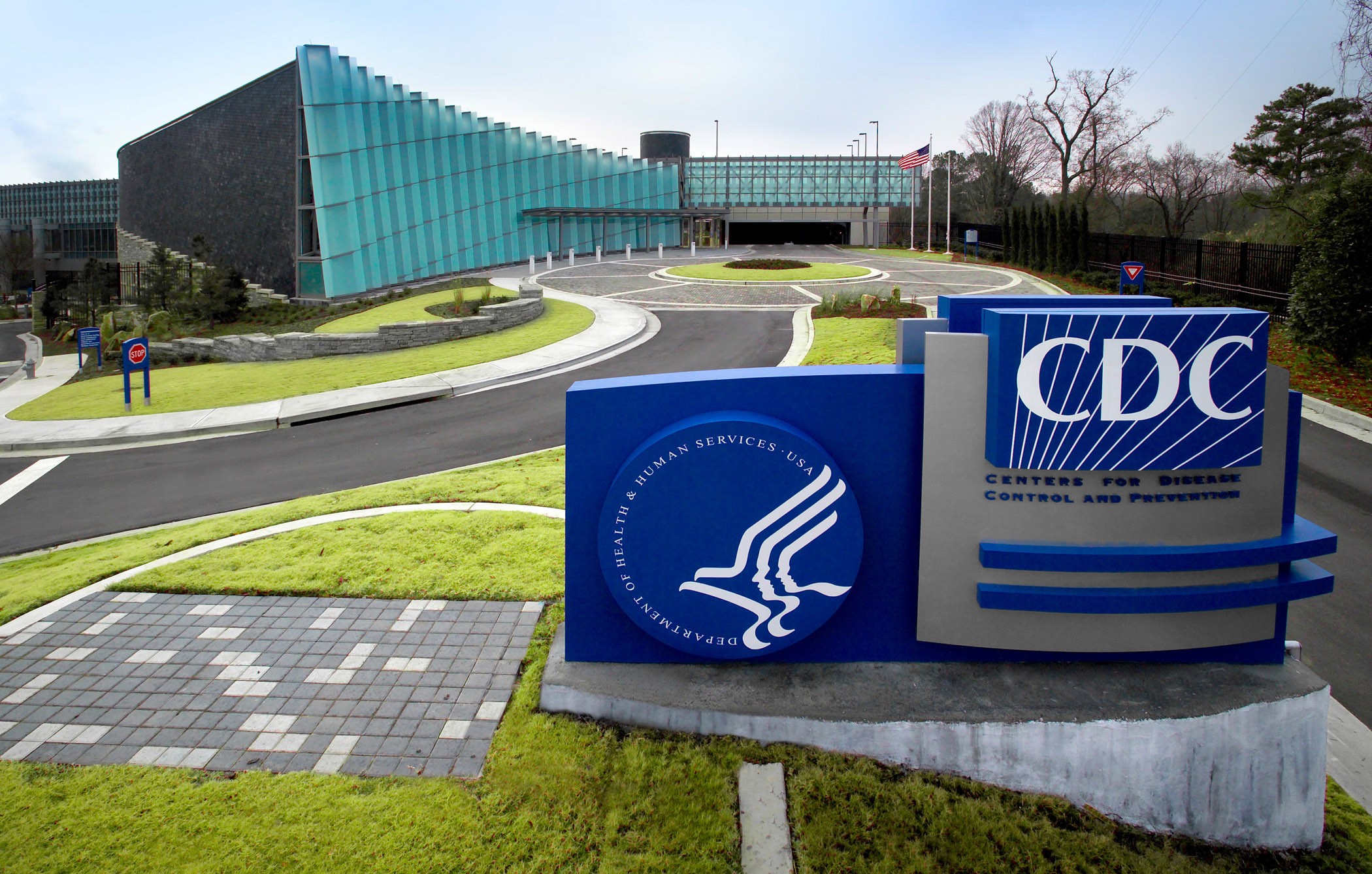Following the postponement of a regularly scheduled February meeting of its vaccine advisory committee, the US Centers for Disease Control and Prevention (CDC) on X today announced the launch of a new tool that it says is designed to increase transparency about current and past members of the Advisory Committee on Immunization Practices (ACIP).

It notes that members are asked to declare any actual or perceived conflicts of interest that arise during their ACIP tenure and that at each meeting the ACIP chair calls for conflict-of-interest disclosures at the beginning of the meeting and ahead of each vote. Members with conflicts of interest are asked to recuse themselves from discussions and votes on topics that relate to specific conflicts.
The tool allows the public to search each current and past ACIP member's stated conflicts of interest dating back to 2000. The Department of Health and Human Services, under the leadership of its new secretary, Robert F. Kennedy Jr., has not unveiled a similar tool for advisory committees for other health agencies under its purview.
ACIP had been scheduled to meet from February 26 to February 28, with recommendation votes scheduled on a handful of topics, including chikungunya and meningococcal vaccines. The CDC said the meeting was postponed to accommodate public comment ahead of the meeting.
Likewise, the Food and Drug Administration (FDA) advisory committee's March 13 meeting to discuss strains to recommend for the 2025-26 flu season has been postponed, though officials said the FDA would make a recommendation in time for vaccine makers to begin the 6-month process of updating and producing the next season's flu vaccines.
Former director: Tool affirms routine safeguards
Former CDC Director Tom Frieden, MD, MPH, said today on X, "Some may interpret this as a scandal. It’s really confirmation ACIP members follow strict conflict of interest rules—an important safeguard!"
He added that the people who evaluate the safety and efficacy of vaccines are parents, pediatricians, scientists, and public health professionals. "They're not doing it for profit." Frieden is currently president and chief executive officer of Resolve to Save Lives, a global health group centered on battling chronic diseases and infectious disease epidemics.












